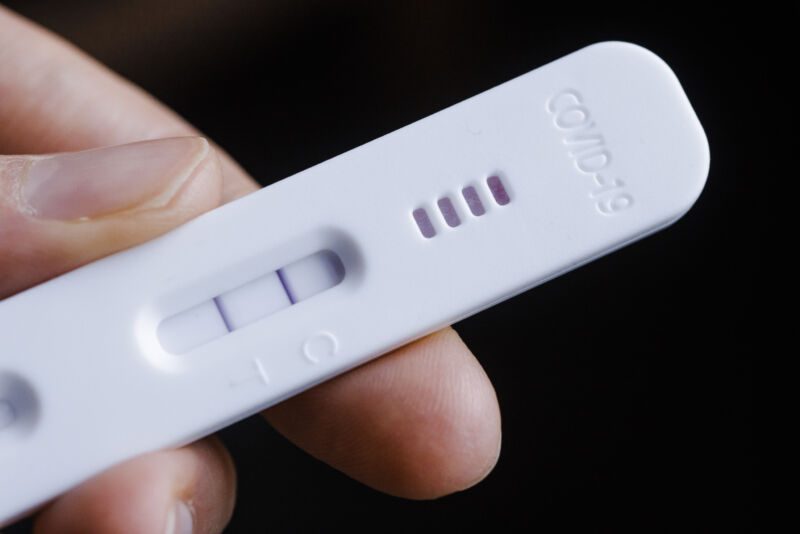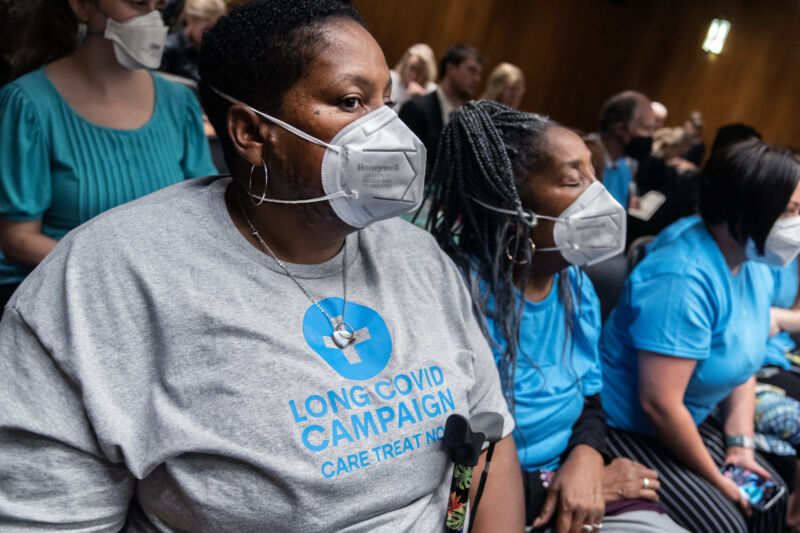This year’s summer COVID wave is big; FDA may green-light COVID shots early

Enlarge (credit: Getty | Thomas Trutschel)
With the country experiencing a relatively large summer wave of COVID-19, the Food and Drug Administration is considering signing off on this year's strain-matched COVID-19 vaccines as soon as this week, according to a report by CNN that cited unnamed officials familiar with the matter.
Last year, the FDA gave the green light for the 2023–2024 COVID shots on September 11, close to the peak of SARS-CoV-2 transmission in that year's summer wave. This year, the summer wave began earlier and, by some metrics, is peaking at much higher levels than in previous years.
Currently, wastewater detection of SARS-CoV-2 shows "very high" virus levels in 32 states and the District of Columbia. An additional 11 states are listed as having "high" levels. Looking at trends, the southern and western regions of the country are currently reporting SARS-CoV-2 levels in wastewater that rival the 2022–2023 and 2023–2024 winter waves, which both peaked at the very end of December.
